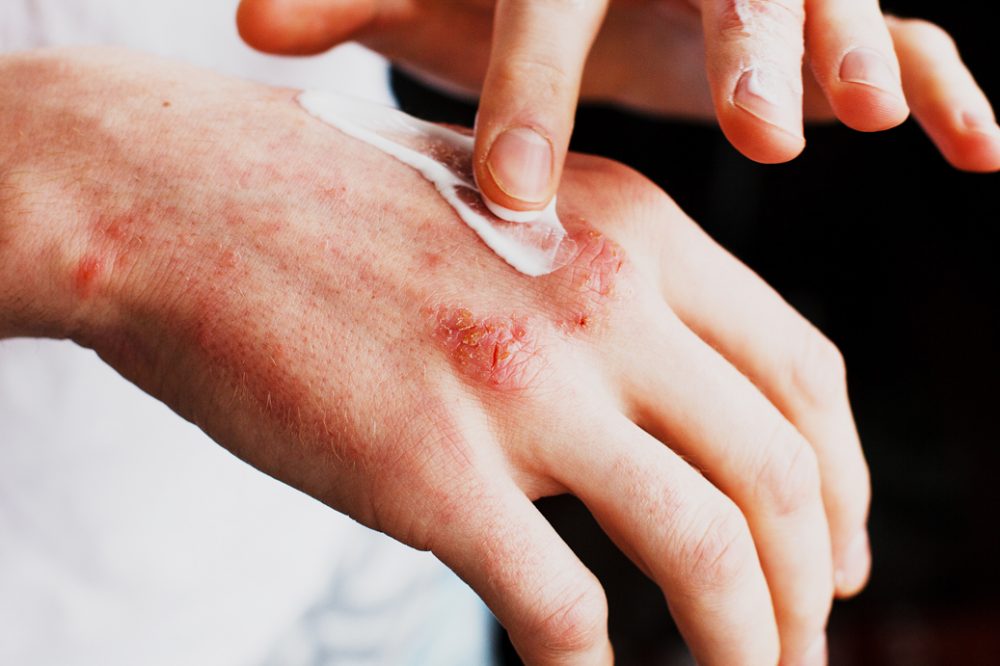Advertisment
FDA approves Opzelura cream for mild to moderate atopic dermatitis – Incyte

Incyte announced that the FDA has approved Opzelura (ruxolitinib) cream for the short-term and non-continuous chronic treatment of mild to moderate atopic dermatitis (AD) in non-immunocompromised patients 12 years of age and older whose disease is not adequately controlled with topical prescription therapies, or when those therapies are not advisable. Opzelura is the first and only topical formulation of a JAK inhibitor approved in the United States.
The FDA approval was based on data from the TRuE-AD (Topical Ruxolitinib Evaluation in Atopic Dermatitis) clinical trial program, consisting of two randomized, double-blind, vehicle-controlled Phase III studies (TRuE-AD1 and TRuE-AD 2) evaluating the safety and efficacy of Opzelura in more than 1,200 adolescents and adults with mild to moderate AD. Results from the studies showed patients experienced significantly clearer skin and itch reduction when treated with Opzelura cream 1.5% twice daily (BID), compared to vehicle (non-medicated cream): Significantly more patients treated with Opzelura achieved Investigator’s Global Assessment (IGA) Treatment Success (IGA-TS, primary endpoint) at Week 8 (defined as an IGA score of 0 [clear] or 1 [almost clear] with at least a 2-point improvement from baseline): 53.8% in TRuE-AD1 and 51.3% in TRuE-AD2, compared to vehicle (15.1% in TRuE-AD1, 7.6% in TRuE-AD2; P<0.0001).
Significantly more patients treated with Opzelura experienced a clinically meaningful reduction in itch from baseline at Week 8, as measured by an at least 4-point reduction in the itch Numerical Rating Scale (itch NRS4): 52.2% in TRuE-AD1 and 50.7% in TRuE-AD2, compared to vehicle (15.4% in TRuE-AD1, 16.3% in TRuE-AD2; P<0.0001), among patients with an NRS score of at least 4 at baseline. In clinical trials, the most common (at least 1%) treatment-emergent adverse reactions in patients treated with Opzelura were nasopharyngitis, diarrhea, bronchitis, ear infection, eosinophil count increased, urticaria, folliculitis, tonsillitis and rhinorrhea.





